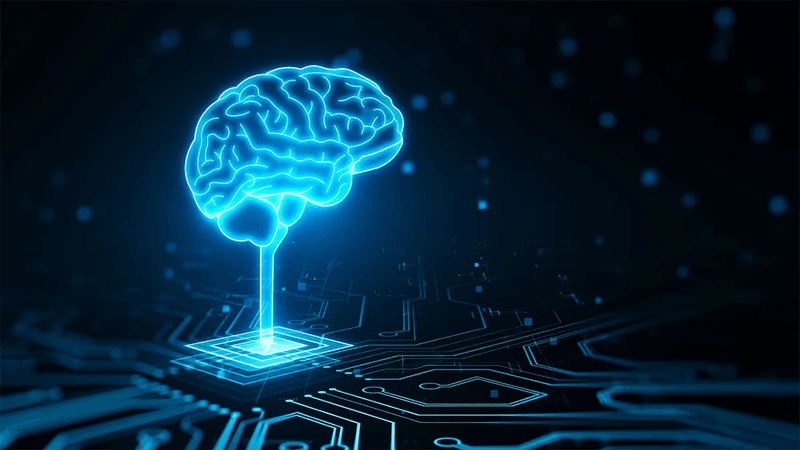If artificial intelligence (AI) advances keep happening, it may one day be reasonable to ask "Is this machine conscious"?
The Turing Test, created by renowned mathematician and computer scientist Alan Turing, looks to see if a computer can fool a human into believing that they too are an ordinary human being. As natural language models and AI chatbots improve, AI is becoming more successful at convincing us that they are human. But this doesn't mean that they are conscious, or have any understanding of the conversations that they are taking part in. Essentially, they receive an input and apply an algorithm, which gives the output that is statistically more likely to please (and be coherent to) the human in front of them.
Basically, sophistication in tasks – even those such as communication which we see as uniquely human – does not equal consciousness. So, how will we be able to tell if AI has become conscious?
In a preprint paper that has not yet been subject to peer review, a team of neuroscientists, computer scientists, and philosophers have suggested indicators that could suggest consciousness in AI. The team looked at a number of consciousness theories in humans, including Global Workspace Theory, and how they might relate to AI.
"The global workspace theory (GWT) of consciousness is founded on the idea that humans and other animals use many specialised systems, often called modules, to perform cognitive tasks of particular kinds," the team wrote in their paper. "These specialised systems can perform tasks efficiently, independently and in parallel. However, they are also integrated to form a single system by features of the mind which allow them to share information."
The global workspace theory is technically not a theory of consciousness, as these processes could theoretically happen without agency. However, the team writes that AIs meeting conditions of GWT – including that information from all modules is available to the workspace – could be on a checklist for AI consciousness.
The team looked at other theories, such as higher-order theory; the idea that consciousness requires awareness of thought and function, which comes from higher-order awareness in your mind. If AI was able to show it was doing aspects of higher-order theory, such as being able to select what inputs it listens to and focus its attention on certain information, it would again be an indicator of AI consciousness.
The team writes that their paper is far from the final word on the topic, and they aim to encourage more research on consciousness and its application to AI, in case we develop it by accident, or even by design.
"One possible argument for the view that we are likely to build conscious AI is that consciousness is associated with greater capabilities in animals, so we will build conscious AI systems in the course of pursuing more capable AI," they write in their conclusion.
"Some influential AI researchers are currently pursuing projects that aim to increase AI capabilities by building systems that are more likely to be conscious."
The preprint is available via arXiv.




